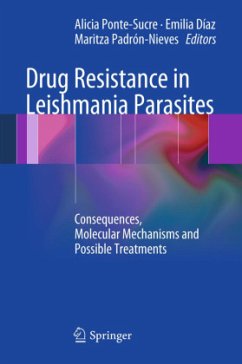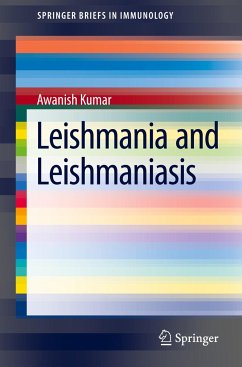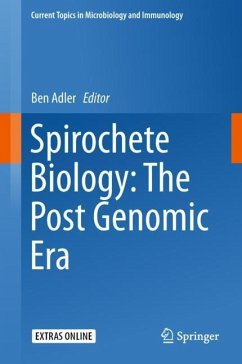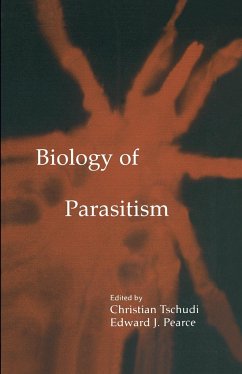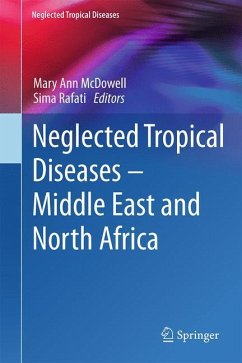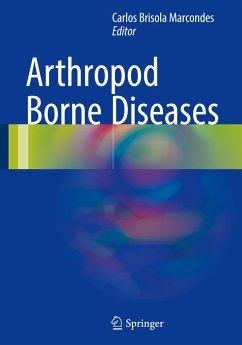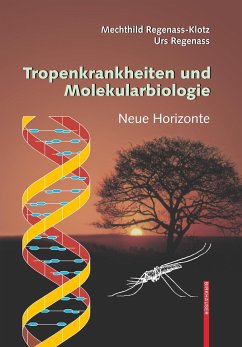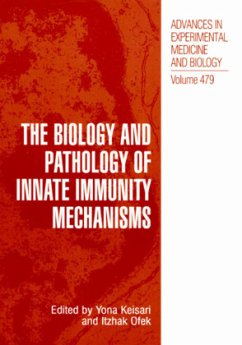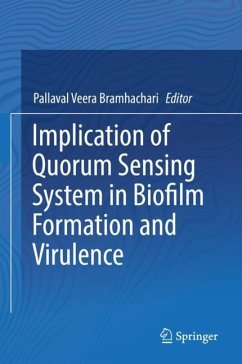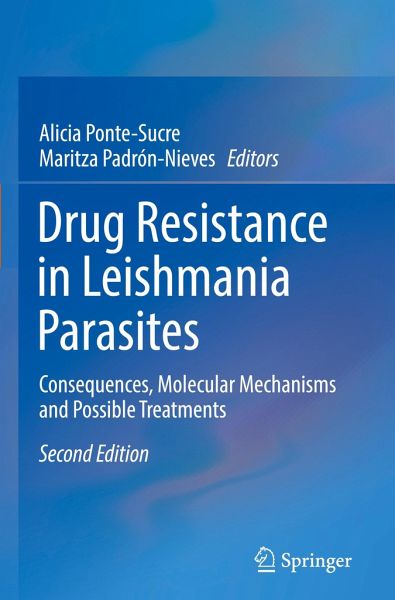
Drug Resistance in Leishmania Parasites
Consequences, Molecular Mechanisms and Possible Treatments
Herausgegeben: Ponte-Sucre, Alicia; Padrón-Nieves, Maritza

PAYBACK Punkte
38 °P sammeln!
Drug resistance is a fundamental factor in treatment failure in diseases like leishmaniasis, although additional factors also play a role in this phenomenon. This volume is the second edition of a well-received book that provides a comprehensive update on the pathology of the disease, as well as on the concept of parasitic drug resistance, its molecular basis, consequences and possible treatments. A valuable resource for scientists both from academia and industry involved in biomedical research and drug design, the book provides the knowledge needed to understand leishmaniasis and to contibute...
Drug resistance is a fundamental factor in treatment failure in diseases like leishmaniasis, although additional factors also play a role in this phenomenon. This volume is the second edition of a well-received book that provides a comprehensive update on the pathology of the disease, as well as on the concept of parasitic drug resistance, its molecular basis, consequences and possible treatments. A valuable resource for scientists both from academia and industry involved in biomedical research and drug design, the book provides the knowledge needed to understand leishmaniasis and to contibute to combatting this disease worldwide.



